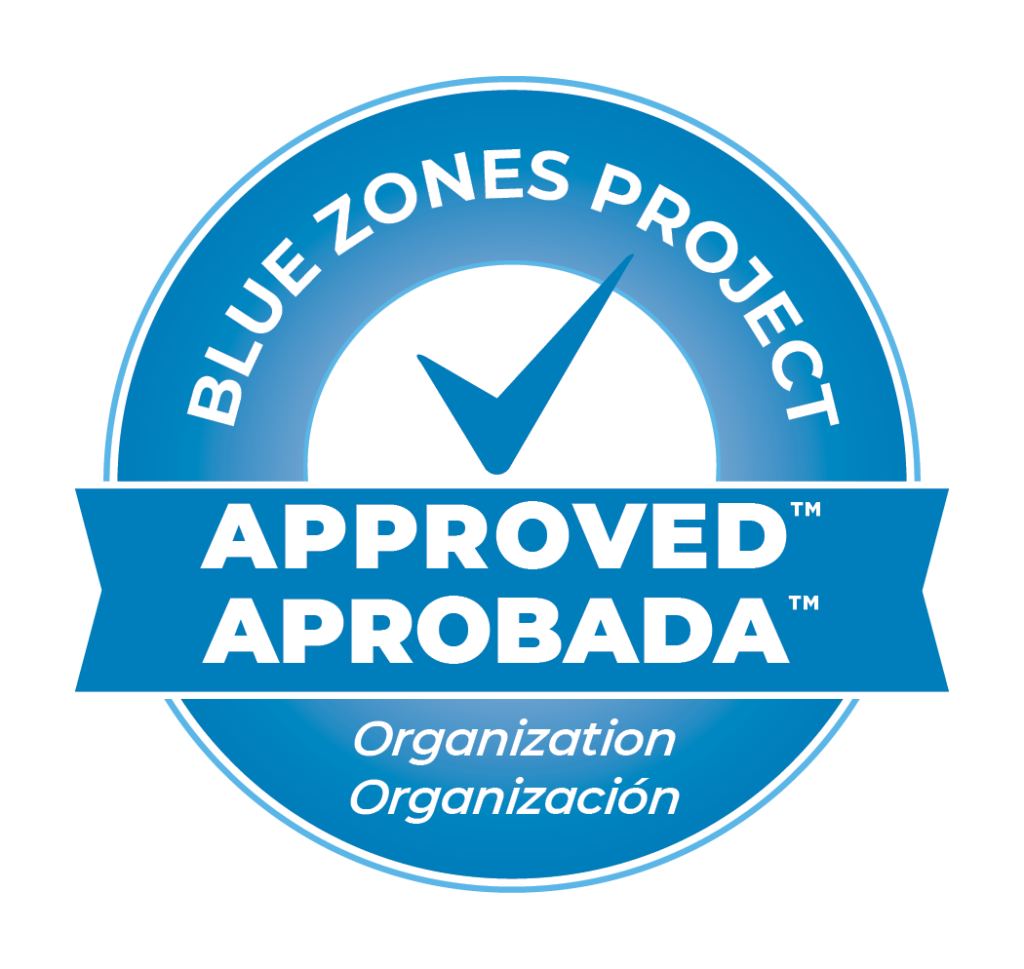At Interim, we have found that one size does not fit all in recovery strategies for persons with mental illness and substance use disorders. We have different approaches to meet client’s different needs.
The Keep It Real (KIR) program uses a harm reduction approach in its out-patient services. Neil Northey, KIR Program Director, explained that insisting on only abstinence from alcohol or substance use can deter some people from seeking treatment; a Harm Reduction approach is a more effective alternative. Harm Reduction encompasses an array of options for reducing harm caused by substance use or other behaviors including abstinence. Some who practice Harm Reduction are abstinent from substance and others are addressing harm by changing types of drugs or reducing amount used or times used or employ other methods of reducing harm. In the KIR program, the services are person-centered; staff help clients explore their personal goals, and how a reduction in substance use can potentially help their realization. Clients are taught how different substances may impact different psychotropic medications and certain psychiatric conditions as well as how to reduce the potential for overdose or hospitalization.
Counselors are trained to use Motivational Interviewing to help clients identify and address ambivalence in making changes in substance use. Instead of the counselor persuading the client to reduce their alcohol or substance use directly, clients might be asked open-ended question to verbalize their own reasons why they might consider a reduction in use or to consider how their substance use might prevent them from having the things they want. Neil explains, in Motivational Interviewing, the clients guide themselves to the life changes that they might want to make.
In treatment, counselors work with clients to create alternatives to alcohol or substance use by building life and emotional coping skills. This starts with a conversation about what need the substance satisfies for the client. Once that awareness arises within the client, they explore what else might replace alcohol or substance use in their life. Success may also look very different from one client to another, depending on their individual goals.
For clients who are interested in and would benefit from a residential treatment program, Interim offers the Bridge House, where clients stay in treatment for up to six months.




